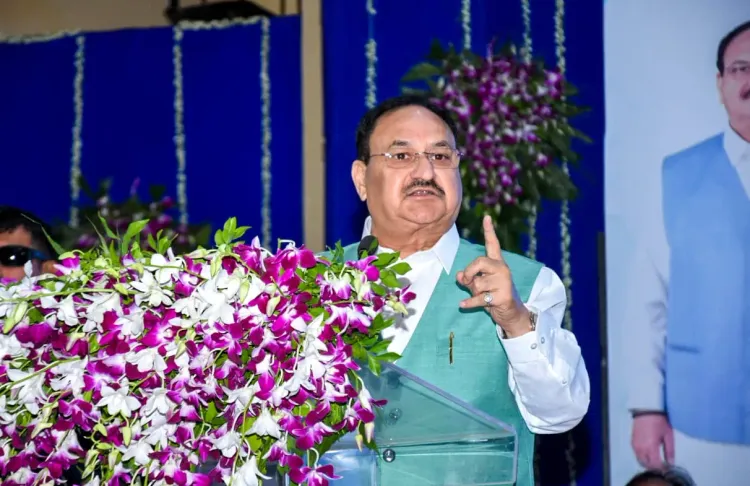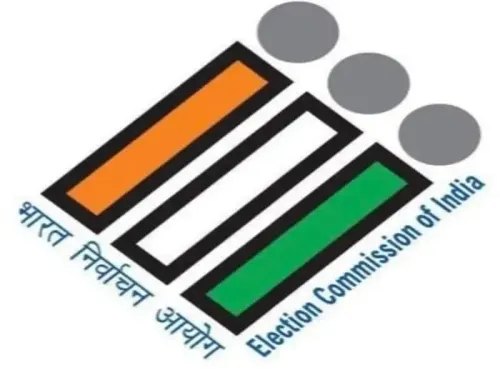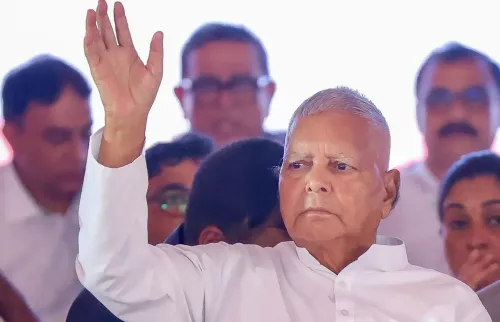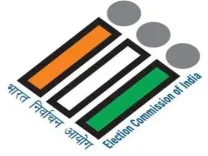How is India Preparing for Emergency Health Systems Amid India-Pakistan Tensions?

Synopsis
Key Takeaways
- Establishment of a 24x7 control and command center.
- Deployment of ambulances and medical supplies.
- Collaboration with state governments for emergency healthcare.
- Nationwide mock drills for disaster preparedness.
- Training modules for healthcare professionals.
New Delhi, May 9 (NationPress) Amid escalating tensions between India and Pakistan, Union Health Minister J.P. Nadda convened a crucial meeting on Friday to evaluate the preparedness of emergency health systems, aiming to guarantee uninterrupted healthcare services.
Nadda emphasized the establishment of a 24x7 control and command center to oversee ongoing efforts and provide support to states during these critical times.
He stated, “It is essential that all medical emergency response health systems are fully equipped and operational at all times.” The Health Ministry is closely monitoring the evolving situation.
The Minister urged, “We must ensure effective ground-level linkages with all state governments, especially at the district levels, particularly in border states, to facilitate immediate emergency healthcare if needed.”
During the meeting, senior officials from the Health Ministry briefed Nadda on the current status of medical preparedness for emergency situations.
The Union Minister was informed about the steps taken regarding the deployment of ambulances, ensuring sufficient medical supplies such as equipment, medicines, blood vials, and consumables; hospital readiness concerning beds, ICUs, and HDUs; and the deployment of advanced mobile trauma care units like BHISHM Cubes.
Moreover, the Ministry has instructed hospitals and medical institutions to “ensure the availability of essential drugs, adequate blood supplies, oxygen, and trauma care kits.”
“AIIMS New Delhi and other central government hospitals have mobilized medical professionals and supplies for immediate deployment,” the report added.
To enhance emergency response networks collaboratively, hospitals have been advised to coordinate efforts with state and district administrations, armed forces, and regional associations comprising doctors, nurses, paramedics, private hospitals, and charitable organizations.
Additionally, nationwide mock drills for disaster preparedness have been conducted at AIIMS, PGIMER, JIPMER, and other leading hospitals.
For building capacity in emergency healthcare, training modules for CPR, first aid, and basic life support are being rolled out, supported by the Indian Red Cross Society, National Institute of Health and Family Welfare (NIHFW), AIIMS New Delhi, and Integrated Government Online Training (iGOT).










